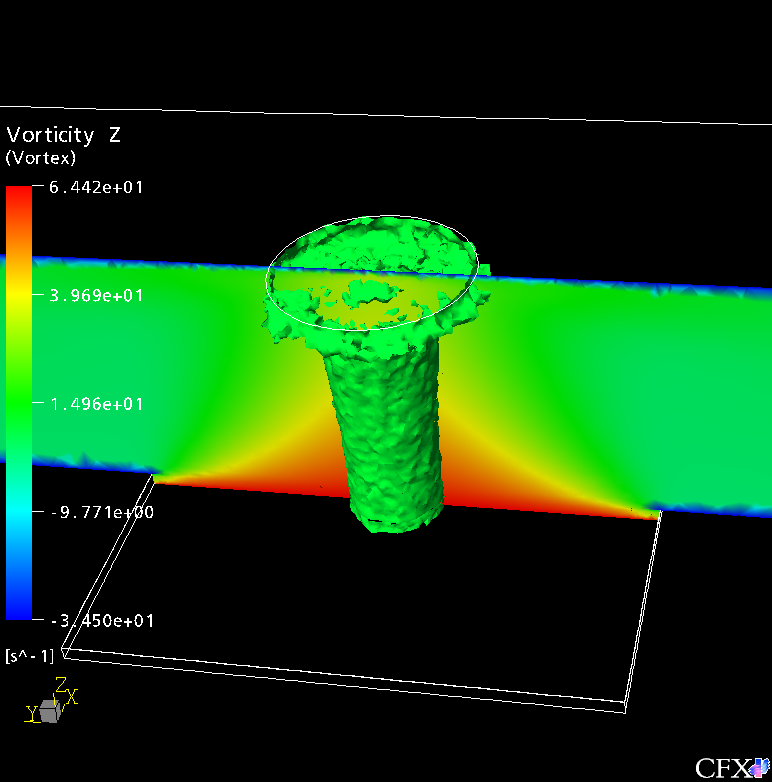  |
  |
 |
 |
Projects
Enhanced (In-situ) Oil Recovery
Planetary Exploration
Phoenix Mission
The CFD-Lab participated as part of the Canadian Science Team on the Phoenix Mission to Mars, the first mission to study the polar region of Mars and the first succesful contribution of Canada to the exploration of the Red planet's surface.
The Phoenix Mars Mission was the first to use CFD to characterize instruments, such as the Canadian Meteorological Station MET.
NetZero Energy Housing
Biomedical Engineering
Numerical simulations of particle deposition in the lung help design new inhalation devices, and help find the best inhaler for a new drug. Enhanced numerical deposition models can help establish the optimal inhalation protocol for clinical trials and for therapy. More recently these techniques are being applied in the investigation of bioaerosols originated from cough, to understand their role in the transmission of airborne pathogens, and to help develop a new therapy that aims at suppressing the generation of bioaerosols. The following are examples of projects from the CFD-Lab.
Eulerian Lung Deposition Model
Mucus Concentration Model
The model is described the book chapter "Improving the Likelihood of Success in Trials and Efficiency of Delivery of Mucolytics and Antibiotics".
Bioaerosol Suppression for Control of Pandemic Outbreaks
High speed camera movie of a simulated cough over a fluid with properties similar to the untreated human lung mucus. It shows how the cough pressure wave causes the lung mucus to break up into many small droplets that could carry infectious agents in airborne disease transmission.
High speed camera movie of a simulated cough over a fluid with properties similar to the human lung mucus treated with a new drug being developed at the University of Alberta. It shows how the carefully manipulated fluid properties causes the lung mucus to recoil and practically prevents the break up into small droplets that could carry infectious agents in airborne disease transmission.


